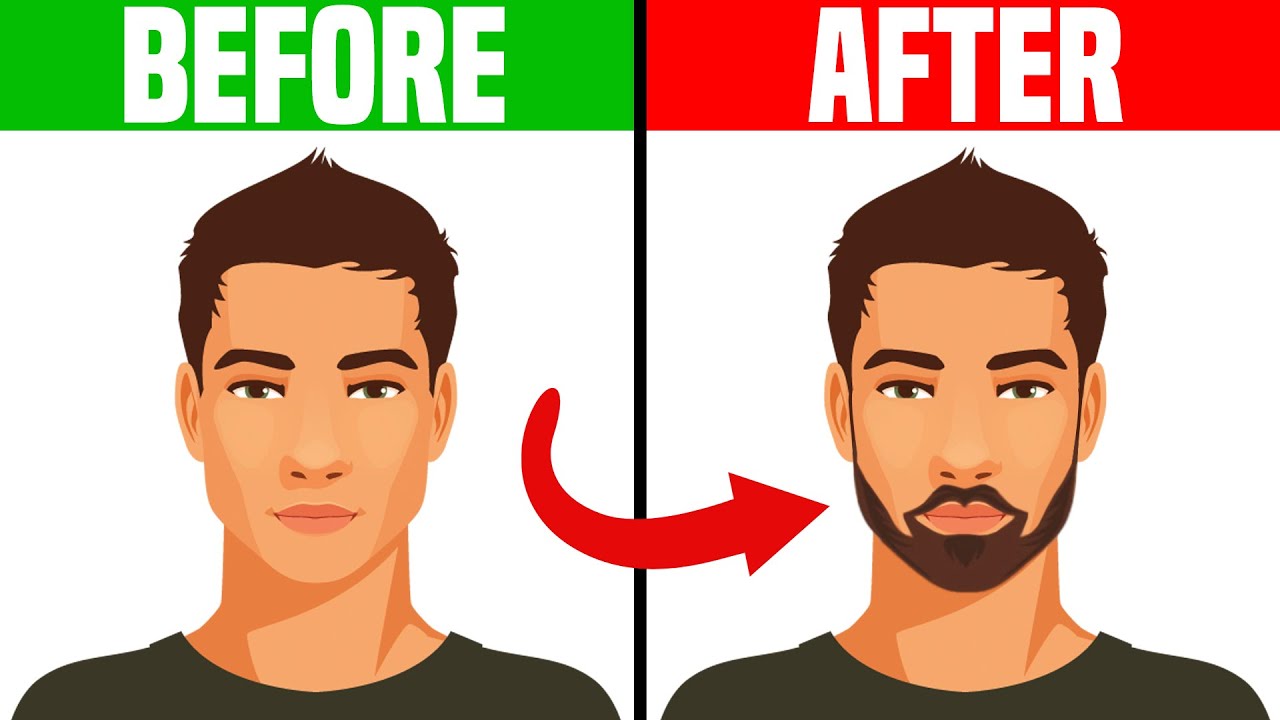
Facial hair refers to any body hair found on or around your face, such as eyebrows, eyelashes, mustache, or beard. Facial hair typically emerges during puberty, usually at the corners of your mouth and chin. It may also begin growing during menopause due to changes in estrogen levels.
Genetics
Genetics plays a leading role in facial hair growth. You may also need help growing a beard or mustache if your father had trouble growing a beard or mustache. Androgen hormones like testosterone and dihydrotestosterone (DHT) increase facial hair growth when they bind with androgen receptors in your hair follicles. However, your genetic makeup determines how sensitive these receptors are to these hormones, which could either make or break your ability to grow beards and mustaches. Genetics also affect how long facial hair remains in anagen, the active growth phase, before entering its resting phase of telogen, when growth slows or stops altogether. Facial hair grows more quickly in anagen than when resting in telogen.
Age, stress levels, and nutrition all affect facial hair growth. Eating a diet rich in protein-rich food will promote healthier hair growth, while regular exercise helps increase testosterone levels for beard growth.
Hormones
As you approach menopause, your hormone levels shift, which could cause some of the hair on your body and face to thicken and darken over time. This condition, called hirsutism, could be triggered by several different things and should be managed accordingly.
Women naturally produce androgens, male hormones found in our bodies that act similarly to androgens in men. So, all women will have some facial hair, although usually fine and light-colored. Postmenopausally, however, hormone changes may increase androgen production, encouraging darker unwanted facial hair growth. Polycystic Ovarian Syndrome (PCOS), a hormonal condition, can increase androgen levels and lead to excessive hair growth. PCOS symptoms also include irregular periods, weight gain, and cysts on the ovaries. Medications like steroids, minoxidil, or cyclosporine may increase androgen production and lead to unwanted hair growth.
Diet
An adequate diet can have a profound impact on facial hair growth. To encourage thick and lush facial hair growth, ensure you get all the required vitamins from food intake.
Shaving
Contrary to popular belief, shaving does not increase facial hair growth faster. It may even inhibit it because shaved hair grows back thinner than before. This gives it an unattractive “stubbly” or coarse appearance until fullness returns, and it fills out again.
The hair growth cycle can be broken into four stages. Anagen, lasting roughly one year and when facial hair grows at its fastest, is followed by Catagen, when hair begins to reverse its growth phase and get ready to shed and be replaced by new growth.
As well as eating correctly and drinking enough water, stress-free living, and taking biotin supplements may also play a part in stimulating facial hair growth. Other beneficial vitamins for hair growth include Vitamin C, E, beta carotene, and flaxseed oil.

